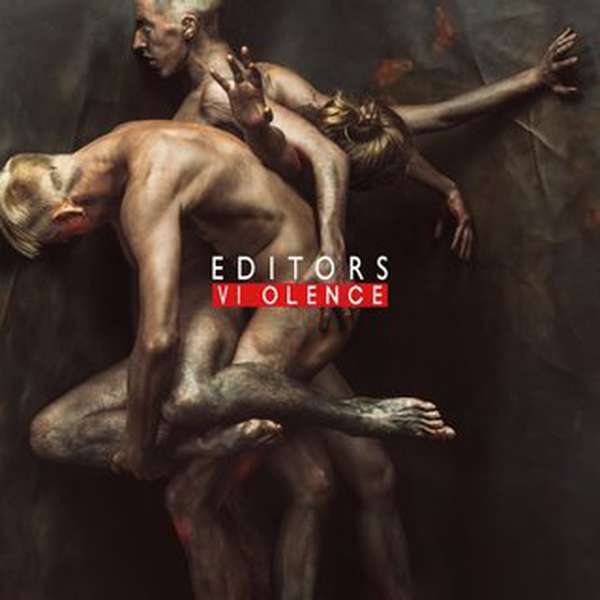Editors first appeared as part of the British indie music scene in 2003, when there was a swell of guitar bands dominating the charts. They released their Mercury-nominated debut album The Back Room in 2005, which has endured over the years thanks to its anthemic songs and dark lyrics, and since then their albums have traversed genres and attracted an even larger fanbase. Six albums later, the band have shown that they're not afraid of innovation and experimentation, and have grown beyond the mould of mid-00s indie that some bands struggle to leave behind.
The sombre overtones of Editors' sound and Tom Smith's booming baritone vocals, which at points jump into a Bon Iver-esque falsetto, ensures the band's music is easily recognisable. Between the layered indie rock of An End Has A Start and the synth-focused In This Night And On This Evening, the Birmingham five-piece have always maintained a discernible sound.
Violence, Editors' sixth album, saw the band collaborate remotely with Blanck Mass, aka Benjamin John Power, who is one of the founding members of Fuck Buttons and whose solo work as an electronic musician flirts with a dark, industrial sound. This is particularly apparent on the album's title track, which is an indulgent high point on the album that clocks in at six minutes and shows Editors at their most experimental.
A flurry of drum beats run through "Violence", like the footsteps of someone running through a darkening forest, as Smith warns, "At night the war still comes to you". The lyrics wrestle with abstract concerns ("It makes it harder to join the dots") before the chorus launches into an almost triumphant refrain of "Baby, we're nothing but violence/Desperate, so desperate and fearless". The song is couched in dark, meandering synths, showing "Violence" as an aggressive, confronting song that marks a clear progression in the band's output.
There's an urgency that winds its way through the album, like each track is teetering on an anxiety-ridden base that lurches out at the listener at various points on the album. The chorus of "Hallelujah (So Low)" thrashes around like someone in the midst of a nightmare, while "Magazine", which pokes fun at figures of power, is a propulsive track buoyed by inky synths and Smith's commanding vocals. Bursts of distorted guitars twist into industrial synths that punctuate most of the songs on Violence with dark undertones.
Violence gorges on experimental synths, stretching the band's use of synths just short of straying into the brutalism that Blanck Mass tends to use in his work, but still stays true to Editors' early days as a guitar band. Violence is a natural progression from 2015's In Dream, and when compared to their earlier work it shows how versatile the band's sound has become. The album is a confronting listen, with towering synths and Smith's unmistakable vocals carrying the listener through, yet still skilfully flirts with an indie-pop sound without lessening the impact and depth of the songs.

